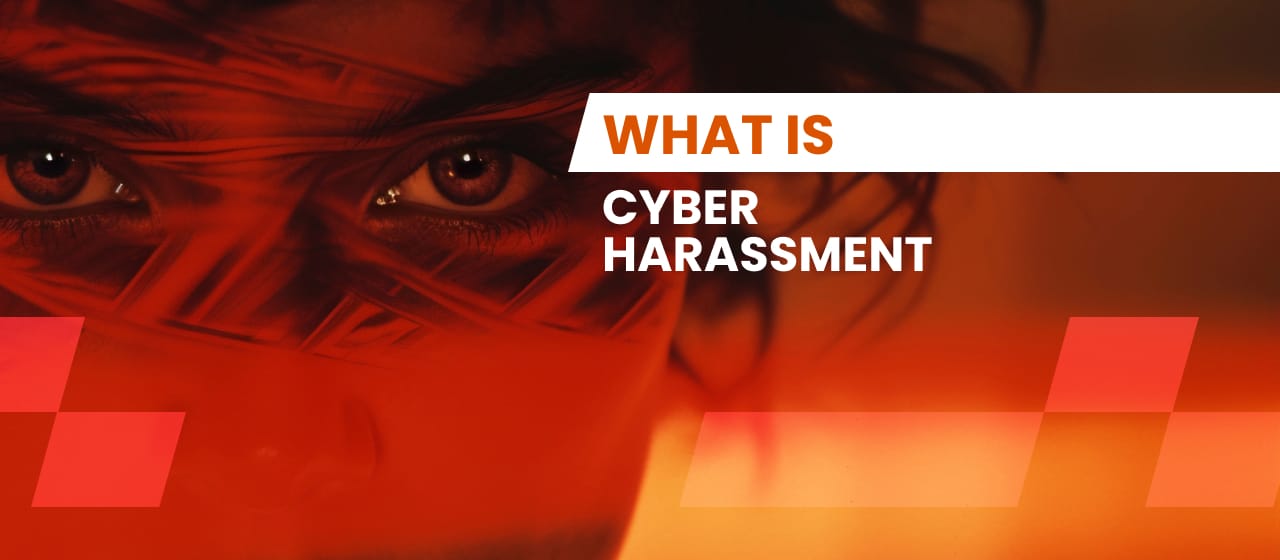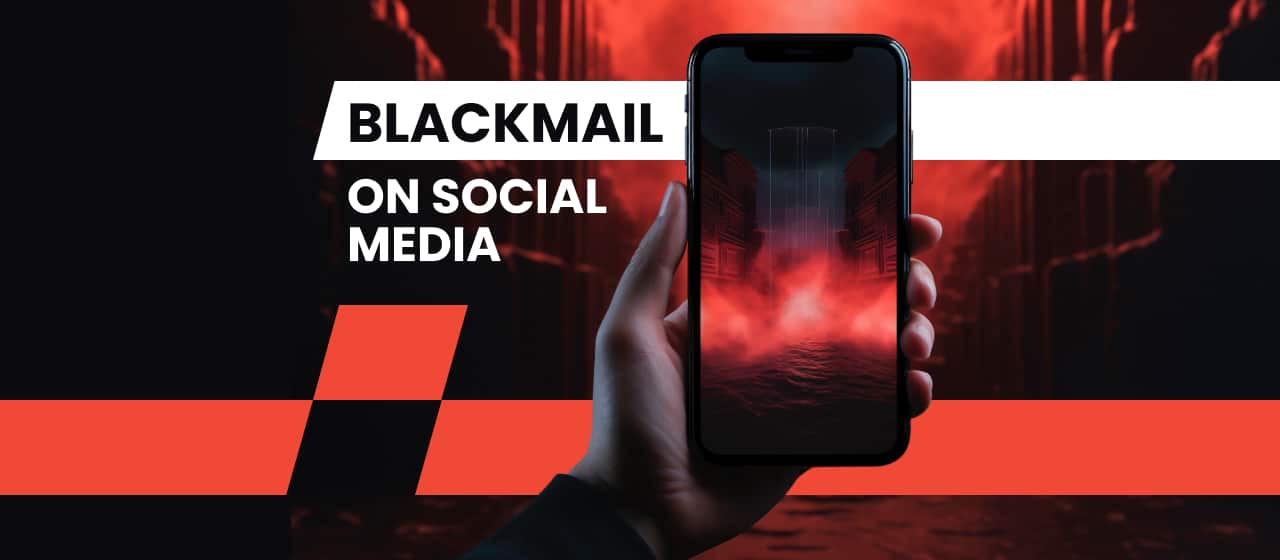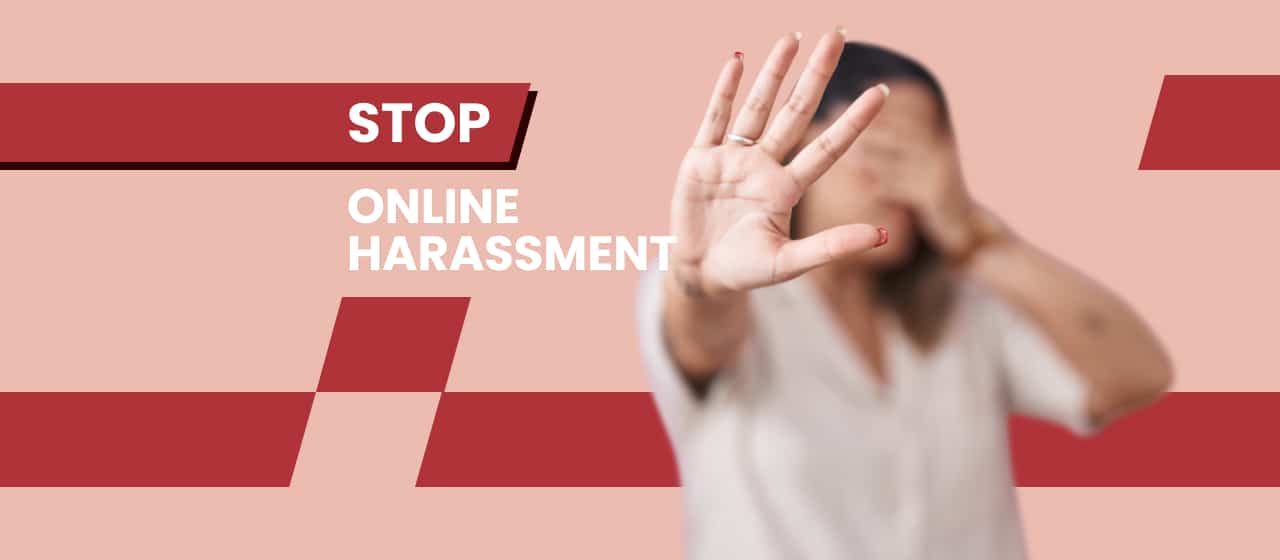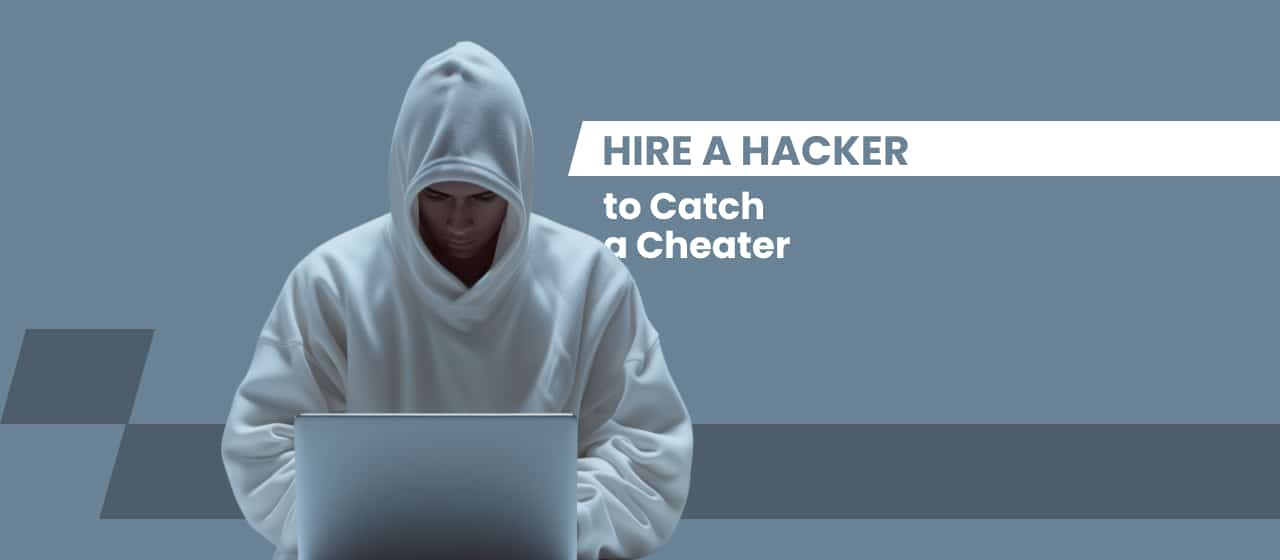As technology plays a larger role in our everyday lives, the risk of becoming a victim of cyber harassment also grows. Every profile we create, post we share, and platform we use opens the door to malicious actors looking for new targets. So, what is cyber harassment and how do you protect yourself from it? The first step is understanding the many forms the crime can take and how it can manifest on the internet.
What is Cyber Harassment?
Harassment is legally defined as unwanted words or behavior that threatens, intimidates, or demeans someone else to cause emotional distress. Cyber harassment is defined in a similar way, except it is done through the use of electronic communication. Harassment can occur in many forms, whether it’s on the internet or in person.
Digital Harassment
- Cyberbullying: The use of electronic communications to humiliate, harass, or intimidate another person. Cyberbullying can range from general gossip to severe defamation.
- Doxxing: The act of publicly revealing someone else’s private information without their consent. The victim can often be identified through this information, which can put their online and real-world safety at risk.
- Threatening Messages: Verbal, electronic, or written communications that intend to intimidate, harm, coerce, or manipulate the recipient.
- Cyberstalking: The use of electronic communication to harass or threaten another person in a manner that causes the victim to fear for their safety or suffer distress.
- Trolling: Inflammatory, disruptive, or provocative internet behavior with the intent to upset or anger others.
- Revenge Porn: The non-consensual distribution of intimate images or videos of someone else, causing emotional distress. In many local jurisdictions, there is a requirement of an intent to cause harm for it to be illegal. The term “revenge porn” is commonly used to refer to someone distributing their former partner’s nudes without consent.
In-Person Harassment
- Unwanted Physical Contact: Any physical interaction that occurs between two or more people without consent, causing discomfort or distress.
- Verbal Harassment: Using words to offend, intimidate, or harm another person, causing someone to feel unsafe, uncomfortable, or humiliated.
- Intimidating Acts: Behavior that instills fear in another person with or without intent.
- Displays of Offensive Objects: The act of sharing, showing, or placing items in a way that can emotionally harm others. This may include racist symbols, violent imagery, or discriminatory slogans.
Cyber Harassment vs Cyberbullying
Cyber harassment and cyberbullying are often used interchangeably. They share many similarities in legal and everyday contexts. However, cyberbullying is commonly used in youth-related environments and to refer to minors. On the other hand, cyber harassment typically refers to people of all ages and is more commonly used in a criminal context.
What Cyber Harassment Can Look Like: Real-World Cases
There are many real-world stories of people fighting back against cyber harassment in its many forms. For some, hearing directly from those who have faced and stood up to cyber harassment can be a powerful way to learn how to respond and protect themselves in a similar situation.
Jackson Cosko: The Senate Doxxing
In 2018, Jackson Cosko, a staff member of a U.S. senator, was terminated from his position. Months after, he broke into his workplace and stole information. In October of that year, Cosko published this private, personal information on Wikipedia and Twitter, including home addresses and phone numbers of 5 senators. In 2019, Cosko was sentenced to four years in prison for illegally accessing information and doxxing.
Robert Frese: Trolling Gone Wrong
Robert Frese has been arrested and charged for internet trolling more than once. In 2012, Frese made a comment on Craigslist accusing a life coach of being a scammer and drug dealer. He was charged with criminal defamation and harassment and received a fine of almost $1,500.
In 2018, Frese posted a Facebook comment accusing a local police chief of being corrupt. The police chief denied the allegations and filed a criminal complaint about the criminal defamation, leading to a warrant for Frese’s arrest.
Noe Iniguez: First Californian Prosecuted Under “Revenge Porn” Law
In 2014, Noe Iniguez was the first person in the state to be convicted under California’s “revenge porn” law. He posted an explicit image of his former girlfriend on her employer’s Facebook page with comments claiming she should be fired. Iniguez was sentenced to one year in jail and three years of probation.
Protecting Yourself from Cyber Harassment
Whether it’s a former acquaintance or an absolute stranger, cyber harassment can stem from a variety of experiences. Harassers are motivated by a range of incentives such as power, revenge, or prejudice. They can target someone obsessively based on the briefest of moments. While there are no methods that can guarantee safety from a harasser, you can minimize the risk of becoming a victim.
Change privacy settings
The first step to protecting yourself digitally is to limit your exposure to cybercriminals. You can do this by making your social media accounts private, allowing only your followers or friends to see your posts. Make sure to audit the list of people who follow you and remove anyone you don’t know well.
Avoid engaging with strangers
Bad actors may send an unsolicited message to you under a fake profile, luring you into their web. Any engagement with these profiles only encourages the perpetrator to continue their behavior. Making it more difficult for the harasser to get in touch with you can lead to disinterest, prompting them to move onto other targets.
Keep personal details private
Harassers and cyberstalkers will use any information about you to target you. Names, locations, email addresses, and phone numbers can all perpetuate cyber harassment. Consequently, it’s best to stay cautious when making posts and drafting your profile bios. On dating platforms, keep your profile separate from your social media accounts to keep your personal information out of the wrong hands.
Improve your security
The anonymity of cyber harassment introduces a lot of uncertainty. The perpetrator can be someone you know or a dangerous cybercriminal. Strengthening the security on your accounts and devices protects your information from the perpetrator. Make sure your passwords are complex and unique to each of your accounts. You can also check to see if your password has been exposed in a corporate data breach on sites like Have I Been Pwned.
Two-factor authentication (2FA) is another tool users can employ to secure their accounts even in the case of an exposed password. You can enable the setting on most social media networks and dating platforms. In an ever-evolving digital era, you need to stay up to date on the latest internet safety best practices to keep your personal information secure.
Work with Experts to End Your Cyber Harassment
Cyber Investigation has a team of engineers and analysts that can use their expertise to end anonymous digital harassment. Using the latest technology, we can trace the digital trail of harassment back to the original source, identifying the perpetrator’s geolocation and identity. We then use this newfound information as leverage to pressure the bad actor into ending the harmful conduct. Without anonymity, you can look into taking legal action against the culprit and using our investigation as evidence to support your case.
At Cyber Investigation, protecting victims of cybercrime is our top priority. Call us today to enlist experienced cybercrime experts to work alongside you.







